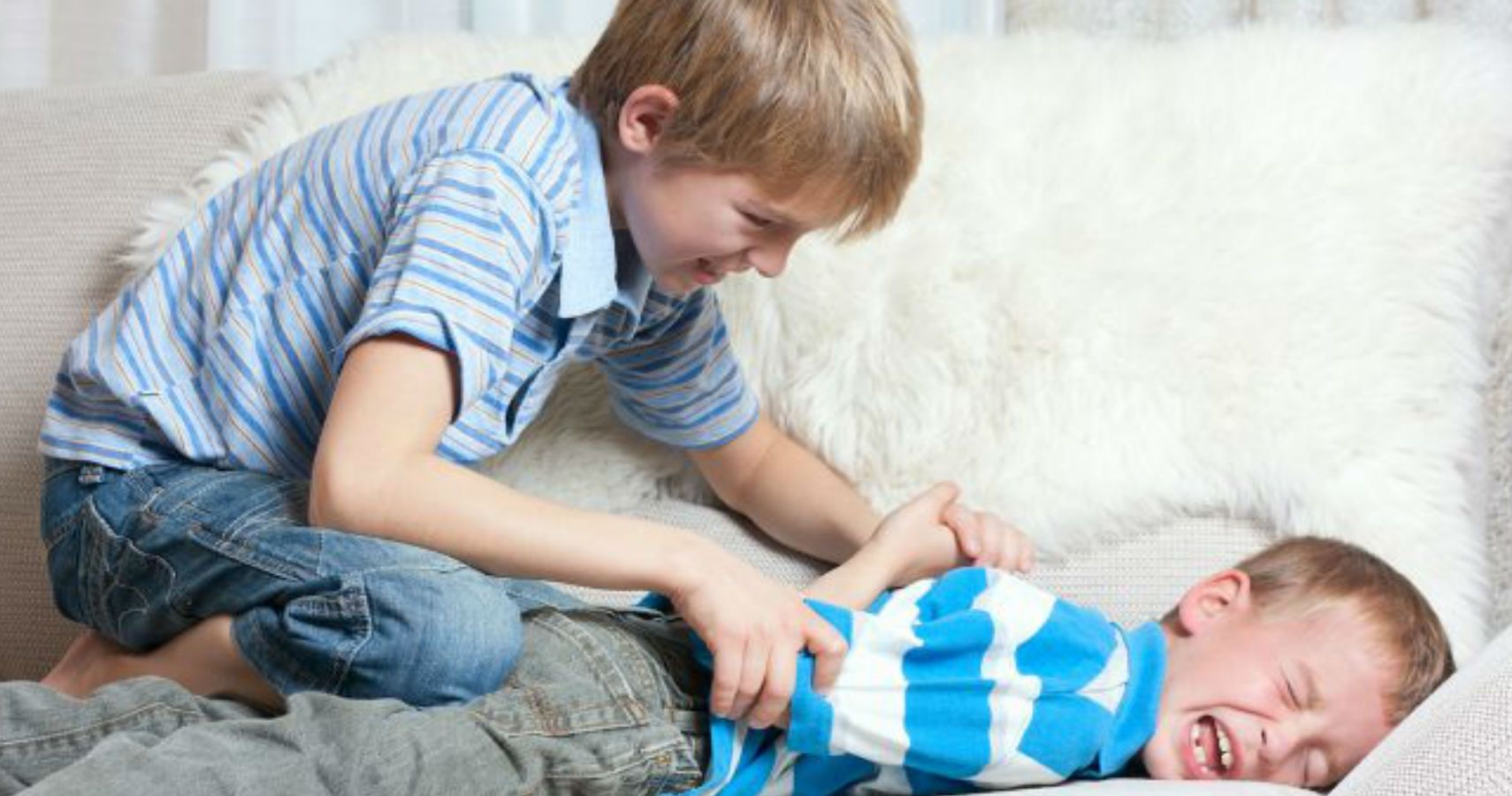It’s an unfortunate reality that most kids experiencing bullying at least once during their youth. But what may surprise many parents to know is that the child’s own sibling may be the reason for the bullying.
A recent study published in the United Kingdom has found that almost thirty percent of children experience sibling bullying, either as the victim or bully. The survey tracked more than 6,000 children and looked a variety of factors that may impact to sibling bullying, including parental involvement, number of family members, social skills, mental health, and self-esteem.
It defined sibling bullying as any sort of aggressive behaviour between sisters and brothers, including physical, psychological, and property-based harm. To count as bullying, there must be a clear or perceived power imbalance between the siblings.
The research provided several interesting conclusions, some of which overturned previously held assumptions of bullying between siblings. For one, the average age to experience sibling bullying was 8-years old.
There are also a variety of factors that put children more at risk to experience bullying from siblings. Kids with older brothers, especially if the male is first-born in the house, are at an increased risk. The same goes for families with a lot of financial stress or who have parents that have a high-conflict relationship. Interestingly, single parent households, lower social class, and lower rates of education amongst parents did not increase the risk of sibling bullying.
There are characteristics in kids to watch out for, too. Children that were described as anti-social or had lower rates of self-esteem were found to experience the most sibling bullying. Bullies were found to have more developed social skills than their siblings.
Sibling bullying can have a long-lasting impact into the future, beyond childhood. Research has demonstrated that it can increase the likelihood the individual will endure bullying in other situations later on in life, such as at school or work. Similarly, increases the chance they will develop emotional problems as adults and has also been linked to higher rates of depression and self-harm.
It’s important parents take steps to identify and address instance of sibling bullying in the household. Preventing favouritism between kids is critical. Playing favourites with children has been shown to increase hostility and jealousy between sisters and brothers, which in turn, can lead to bullying. Parents should ensure they’re giving their children similar levels of attention and must avoid the ‘golden child’ conundrum.

